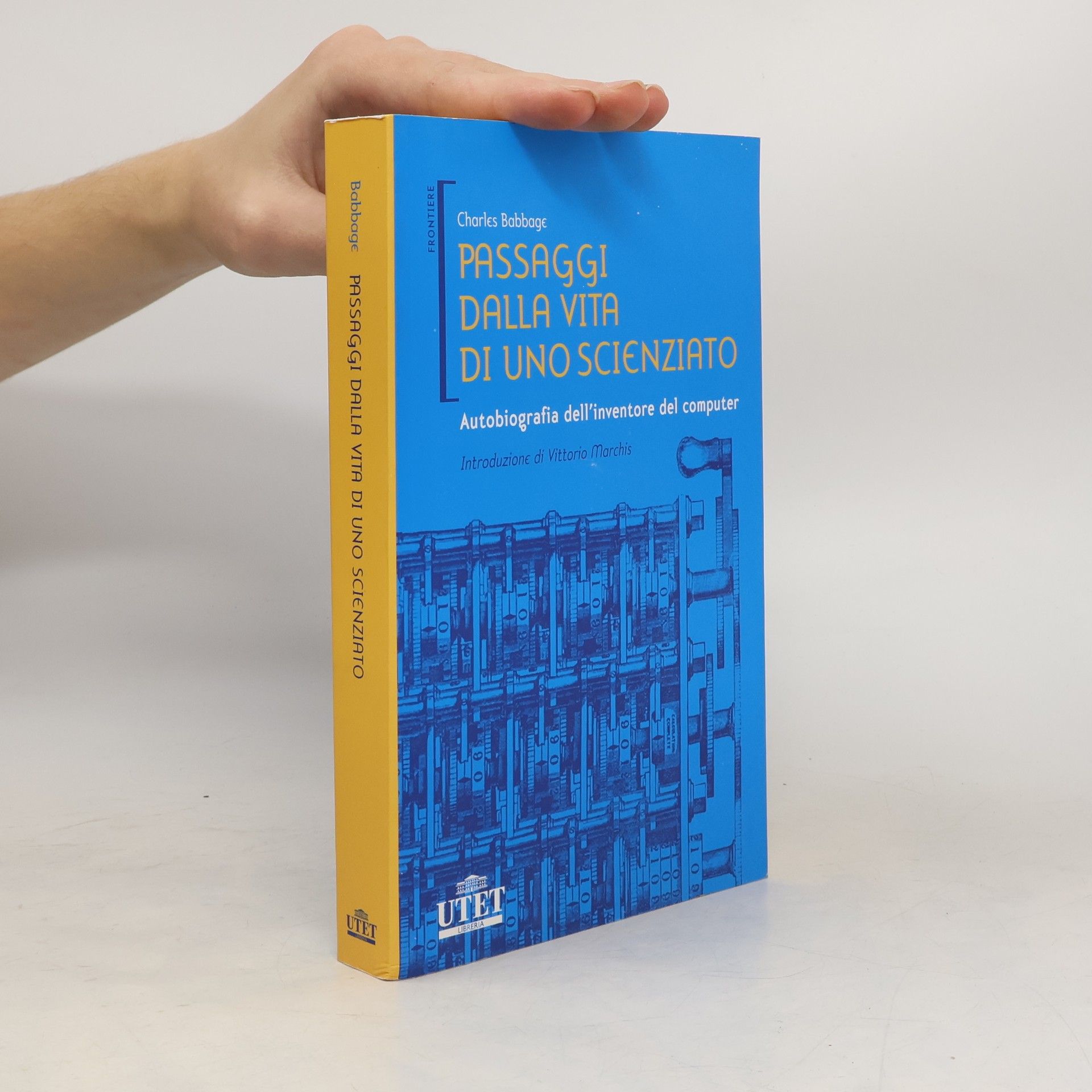Reflections On The Decline Of Science In England, And On Some Of Its Causes
- 130 stránok
- 5 hodin čítania
Concerns about the state of scientific research in 19th-century England are central to this work by Charles Babbage. He critiques the lack of funding, support, and educational opportunities for scientists, arguing that these deficiencies hinder national prosperity and technological progress. Babbage emphasizes the need for a robust scientific culture and infrastructure to foster innovation. He also reflects on the broader societal impacts of this decline, warning of the dangers of England losing its competitive edge in the global scientific arena.

